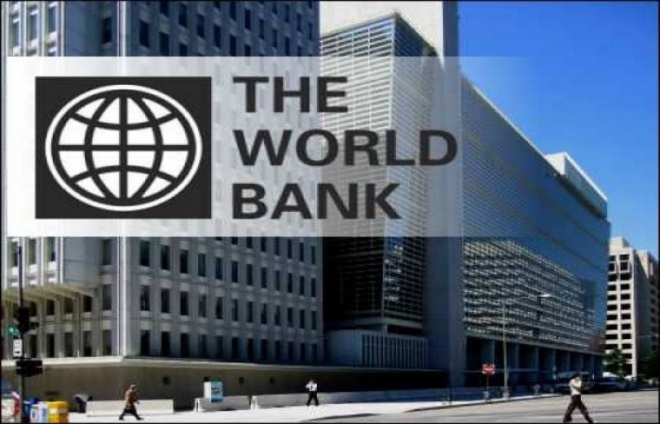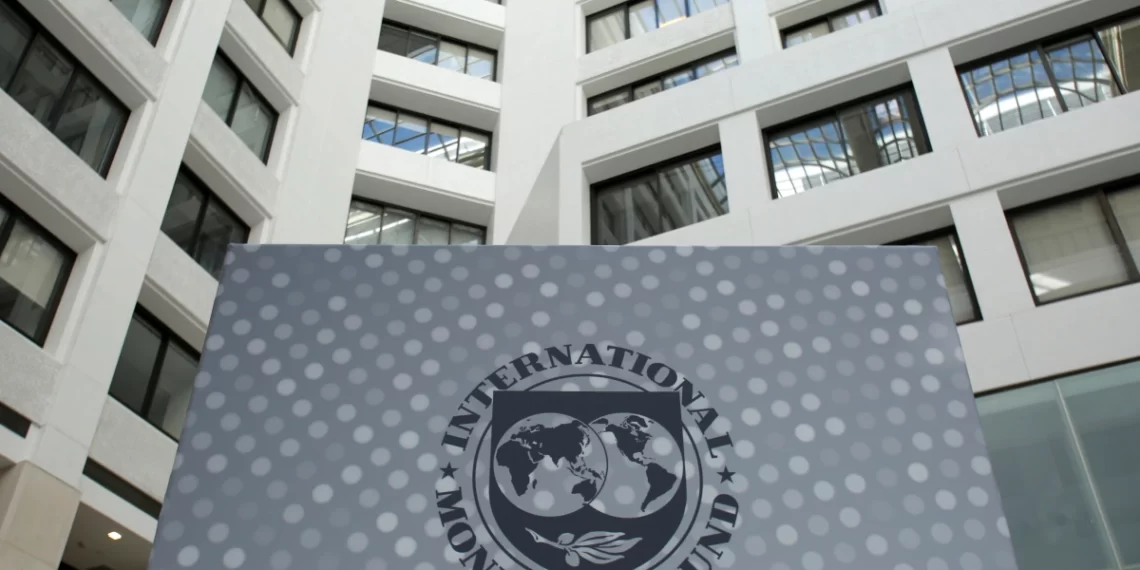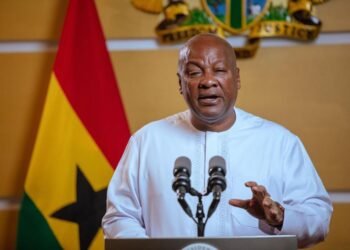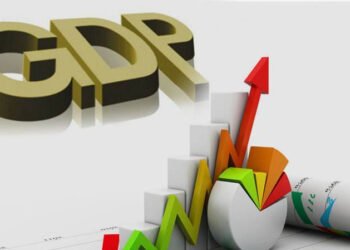Despite the recent economic challenges, the World Bank and the International Monetary Fund (IMF) have kept faith in Ghana’s economy, expecting it to continue its recovery after the country’s promising growth was truncated by COVID-19 in 2020. The two Bretton Woods Institutions expect growth to rebound more than 5 percent this year.
The IMF, in its April 2022 World Economic Outlook, forecast GDP growth in West Africa’s second largest economy to rebound at 5.2 percent in 2022, up from an estimated 4.2 percent in 2021. However, the Bretton Woods Institution expects growth to slow marginally to 5.1 percent next year.
Despite Ghana’s estimated GDP growth falling short of the Sub-Saharan average of 4.5 percent in 2021, the Fund expects growth to firm up strongly this year and next year, above the regional average. The Sub-Saharan region is expected to experience a sluggish growth of 3.8 percent and 4.0 percent in 2022 and 2023, respectively.
Likewise, Ghana’s growth last year was lower than the average of 5.0 percent for middle-income countries in Africa. However, the recent forecast shows that Ghana will grow faster than the average of 3.3 percent for 2022 and 2023 for middle-income countries in Africa.
Meanwhile, the IMF’s growth forecast is lower than the 5.8 percent projected by the government of Ghana for 2022. The government of Ghana disclosed that it expected the economy to expand more than the projected 4.4 percent in 2021, due to a strong 6.6 percent growth in the third quarter of 2021.

The Economist and Intelligence Unit (EIU) also estimated Ghana’s real Gross Domestic Growth (GDP) at 5% in 2021 and expects Real GDP growth to rise to 5.2% in 2022, same as projected by IMF.
“We expect growth to moderate in 2023-24, to an average of 4.4%, before gradually picking up again, to 4.8% on average in 2025-26. Constrained oil sector growth will keep annual growth below pre-pandemic rates of 6-8%”, the EIU stated in its five-year forecast for Ghana.
World Bank affirms 5.5% Growth
Similarly, the World Bank, in its latest Africa’s Pulse report, affirmed its forecast of 5.5% expansion for Ghana in 2022, higher than the Sub-Saharan Africa average of 3.6%.
The Bretton Woods institution however, expressed worry about the country’s debt sustainability problems, noting that the moderate performance of economic growth reflects debt management problems that are still looming on the economy, with few prospects for improvement.
“In Ghana, the economy is projected to pick up pace in 2022, growing by 5.5%, then slowing gradually to 5% in 2024, lower than the pre-pandemic average growth, which was around 7%. This moderate performance reflects debt management problems that are still looming on the economy, with few prospects for improvement.”
World Bank
Additionally, the World Bank stated that Ghana, Ethiopia, Malawi, and Mozambique fell short of replicating the success of most non-resource-rich countries in part because of elevated debt levels, and in some cases insecurity. “In Ghana and Malawi, the disappointing performance underscores the poor management of public finances and, the need for significant growth enhancing reforms”, it stated.

The Bretton Woods institution also commented on the introduction of the Electronic Transaction Levy (E-levy) which is expected to take effect from May 1, 2022. It stated that though the levy is expected to increase the tax net, more needs to be done to address the country’s debt sustainability problems.
“To return to its pre-pandemic consolidation trajectory, the Government of Ghana proposed reforms that promote fiscal and debt sustainability. After resistance from the opposition, the Parliament approved the E-levy tax of 1.5% on digital transactions. The proposed tax is expected to increase the tax base by generating US$1.1 billion in revenue in 2022. Nevertheless, these efforts are not enough to address the country’s debt sustainability problems”.
World Bank
The World Bank further indicated that revenue from the mining sector remains weak, even though pressing needs for government support continue to weigh on public finance. The Bank therefore, urged government to focus on expanding social protection programs beyond safety nets to strengthen economic resilience and responsiveness to shocks, particularly for poor and vulnerable households.
READ ALSO: GAWU Champions Petition to End Child Labour in Agric Sector Ahead of WCLC ’22























